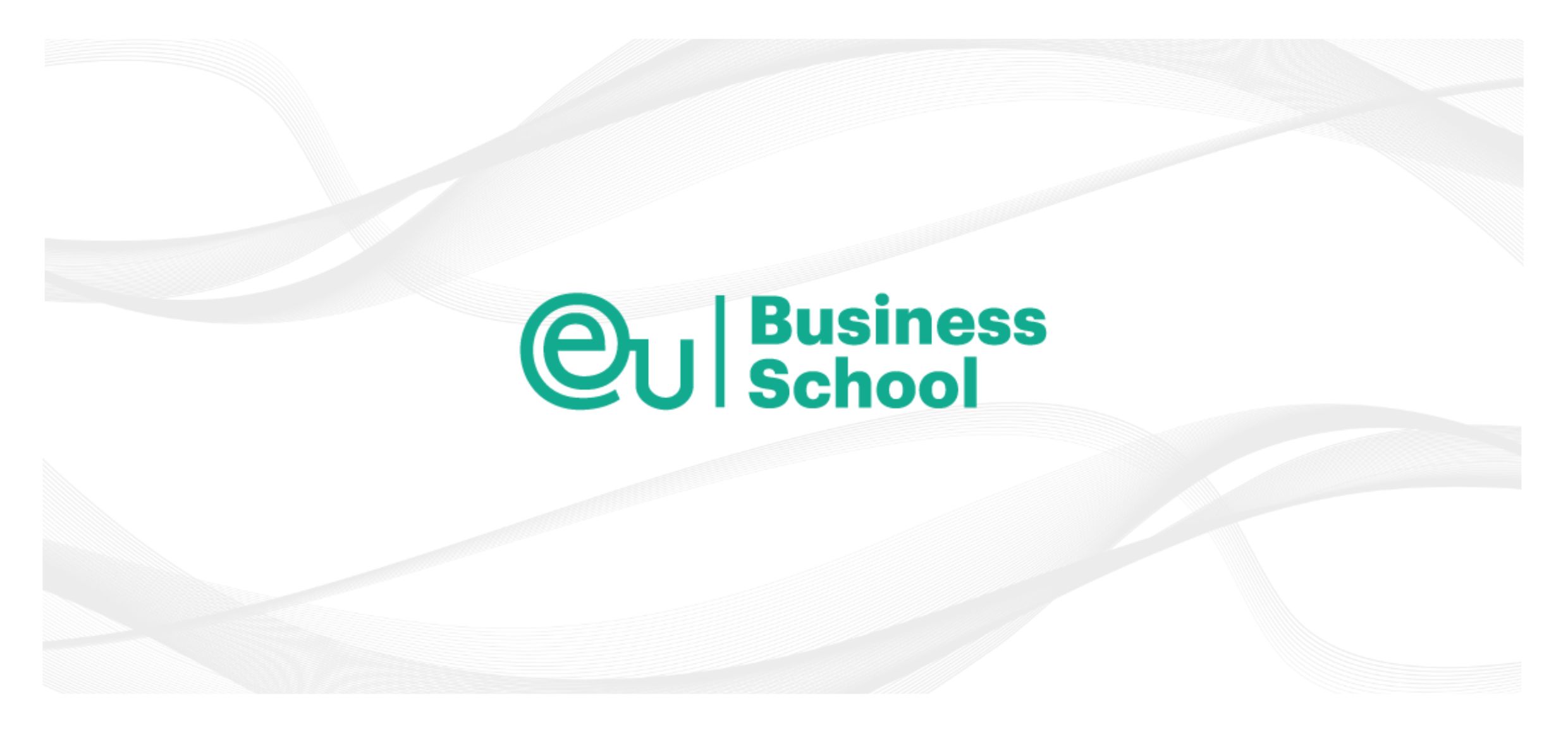CSRD : constraint or catalyst for performance? Turn your ESG data into a strategic lever with Deveho

With the implementation of the CSRD, by 2025 the management of extra-financial performance, including environmental, social and governance (ESG) criteria, will become essential for many companies. Taking a proactive approach to these new requirements means viewing sustainability as an opportunity for growth rather than a constraint. With Deveho's expertise and appropriate ERP solutions, you can now convert your ESG data into actionable strategic insights.
From 2025 onwards, the management of non-financial performance will be mandatory for almost 50,000 European companies. More specifically, the Corporate Sustainability Reporting Directive (CSRD) introduces new transparency rules around environmental, social and governance (ESG) criteria.
However, this regulatory shift represents more than just compliance; it presents a strategic opportunity for companies to stand out, build stakeholder trust and enhance their resilience by committing to a sustainable trajectory.
In this context, Decarbonisation — cutting carbon emissions and shifting to low-carbon operations — is no longer optional. It is becoming a core pillar of long-term competitiveness.
Indeed, the numbers* speak for themselves:
*Source: Sage study.
Therefore, Deveho‘s expertise in implementing fit-for-purpose ERP solutions can transform ESG data into valuable strategic intelligence.
The CSRD (Corporate Sustainability Reporting Directive) is a European directive designed to improve transparency regarding corporate sustainability practices. It replaces the NFRD with much broader requirements.
The CSRD applies to a wide range of economic players, including large companies, listed SMEs and financial institutions operating within the EU, as well as VSMEs through the directive’s extension.
These organisations must produce detailed reports on their environmental, social and governance (ESG) impacts, as well as the sustainability risks that could affect their economic performance.
To comply with the CSRD, companies must significantly strengthen their non-financial reporting. This includes:
This information must be presented in accordance with the European Sustainability Reporting Standards (ESRS) and included in the annual management report.
In response to criticism regarding the directive’s complexity and administrative burden, the European Commission proposed a series of adjustments via the Omnibus bill in April 2025, with the aim of simplification. While this reform proposal still has to be validated by the Council of the European Union, this is generally considered to be a formality.
The aim? To simplify and clarify regulatory requirements while making them more accessible and applicable to businesses.
This project forms part of the European Green Deal and was initiated by the European Commission with the aim of making sustainability reporting more coherent while reducing the administrative burden on companies.
In practical terms, the text consolidates several regulatory adjustments into a single law. In particular, it concerns:
By bringing these reforms together in one place, the EU aims to speed up the legislative process and standardise the various obligations placed on companies as part of the ecological transition.
| Aspect | Current CSRD | Omnibus Proposal |
|---|---|---|
| Scope | > 250 employees | > 1 000 employees and turnover > €50m or balance sheet > €25m |
| Wave 2 timetable (large unlisted companies) | Reporting in 2026 | Reporting in 2028 |
| Wave 3 timetable (listed SMEs) | Reporting in 2027 | Reporting in 2029 |
| Standards | full ESRS standards with sector-specific versions | General and simplified standards, with priority given to quantitative data. |
| Value chain | Obligation on all suppliers | Companies with fewer than 1,000 employees are exempt. |
| Assurance | First limited insurance, then reasonable insurance. | Limited assurance only |
| SME Standards | LSME is mandatory for listed SMEs. | Voluntary VSME standards |
| Taxonomy | Mandatory for all companies: CSRD | Only for companies with a turnover of more than €450 million. |
In the “portail-rse.beta.gouv.fr ” website:
In the “entreprendre.service-public.fr” website:
In order to address this complexity, integrated digital tools are becoming essential. With this in mind, Deveho — integrator and publisher of Sage solutions — offers a practical and pragmatic response in the form of:
✅ Sage X3 or Sage Intacct, powerful ERPs for managing all your operations.
✅ EKYO, a complementary solution dedicated to collecting, analysing and reporting ESG and carbon data.
By integrating EKYO into your existing systems, we can help you:
At Deveho, we don’t see regulatory obligations as obstacles; we see them as real drivers of sustainable transformation. By integrating your ERP system with ESG platforms such as EKYO, we can help you capitalise on this transition.
This checklist will help you quickly assess your level of preparation and prioritise key implementation actions.
Anticipate ESG requirements, align your data with ESRS standards and improve your sustainable, measurable performance.
Contact our experts to ensure that your transition to the new regulations drives innovation and competitiveness: Click here to contact us.

La EU Business School passa al livello successivo della gestione finanziaria con Sage X3 di Deveho Consulting Group.
Per saperne di piùOne of our valued partners, Agro Care, a leading tomato grower with subsidiaries across Europe and North Africa, recently shared their inspiring experience of collaboration with Deveho.
Per saperne di piùIn a sector where precision and responsiveness are essential, choosing a powerful ERP is not an option - it's a necessity. Faced with a strategic change, the Autajon Group anticipated the challenges ahead by choosing a solution capable of supporting its growth and business needs. By relying on Sage X3 and Deveho's expertise, the company has made a successful transition, paving the way for ambitious new projects.
Per saperne di più